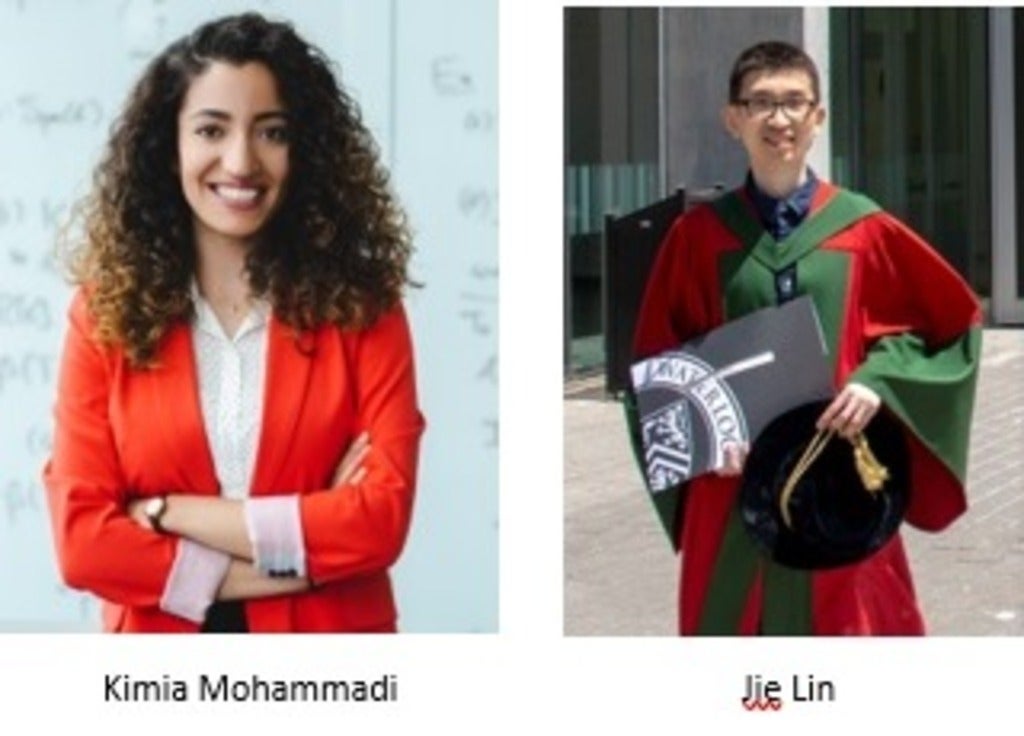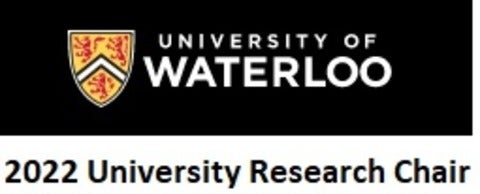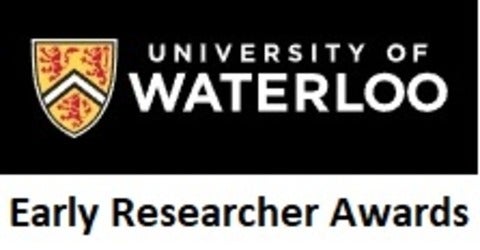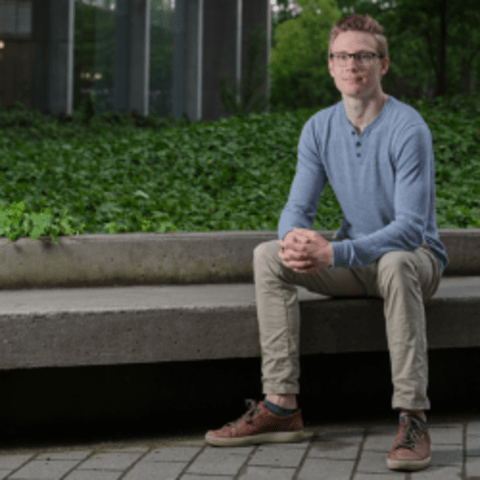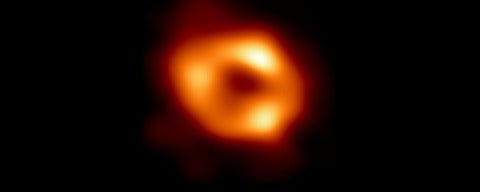News
Filter by:
Entangled photon source gearing up for International Space Station
A single-photon detector and counting module (SPODECT) recently designed and built by Waterloo’s Quantum Photonics Lab for the International Space Station (ISS) will be used to verify quantum entanglement and test its survivability in space.
Christine Muschik named University Research Chair
Quantum physicist Christine Muschik was named a 2022 University Research Chair at the last University Senate meeting.
Waterloo scientists awarded Early Researcher Awards Funding
Quantum simulations of particle interactions and trapped ions are two Waterloo Science research projects broadening disciplinary horizons and delivering real-world impact. Waterloo scientists Christine Muschnik and Crystal Senko each received funding through the Government of Ontario's 2022 Early Researcher Awards program.
What comes after quantum?
Quantum theory, the physics of the very small, helps us to understand nature and our world by explaining and predicting the behaviour of atoms and molecules. Researchers at the Institute for Quantum Computing (IQC) are interested in what comes after quantum theory, specifically the possibility of a broader theory that replaces quantum theory as a more complete description of nature.
Donna Strickland inducted into the National Academy of Sciences
Donna Strickland, professor in the Department of Physics and Astronomy at the University of Waterloo and Nobel laureate in physics, was inducted into the National Academy of Sciences (NAS), considered the most prestigious honorary scientific society in the United States.
Finding our galactic centre
Three years ago, history was made when the first image of a black hole inspired wonder and awe around the world as we glimpsed the shadow of light escaping from the supermassive black hole M87*. Today, history is being made again as the Event Horizon Telescope (EHT) Collaboration releases the image of a second black hole — Sagittarius A* (Sgr A*) — the one at the centre of our own Milky Way galaxy.
Research breakthrough means warp speed ‘Unruh effect’ can finally be tested in lab settings
Discovery advances understanding of theory of relativity and quantum
Urja Nandivada, recipient of the Amit and Meena Chakma Award for Exceptional Teaching by a Student, 2022
Urja Nandivada, Physics and Astronomy
Urja Nandivada, an undergraduate student in Physics and Astronomy, provided students with an impactful experience as an undergraduate TA. She has been described as a mentor who is passionate about her teaching, and who has not let chronic illness affect her performance in teaching and her attitude towards students. Urja makes the classroom environment feel welcoming, inclusive, and comfortable
Will Percival awarded Canadian Space Agency grant
Professor Will Percival, Director of the Waterloo Centre for Astrophysics, has been awarded a grant by the Canadian Space Agency to support his work helping to lead the Euclid satellite mission. This mission, led by the European Space Agency and scheduled for launch early in 2023, will provide a map of the Universe that is far larger than scientists currently have and is more accurate thanks to Euclid's space-based observations.
